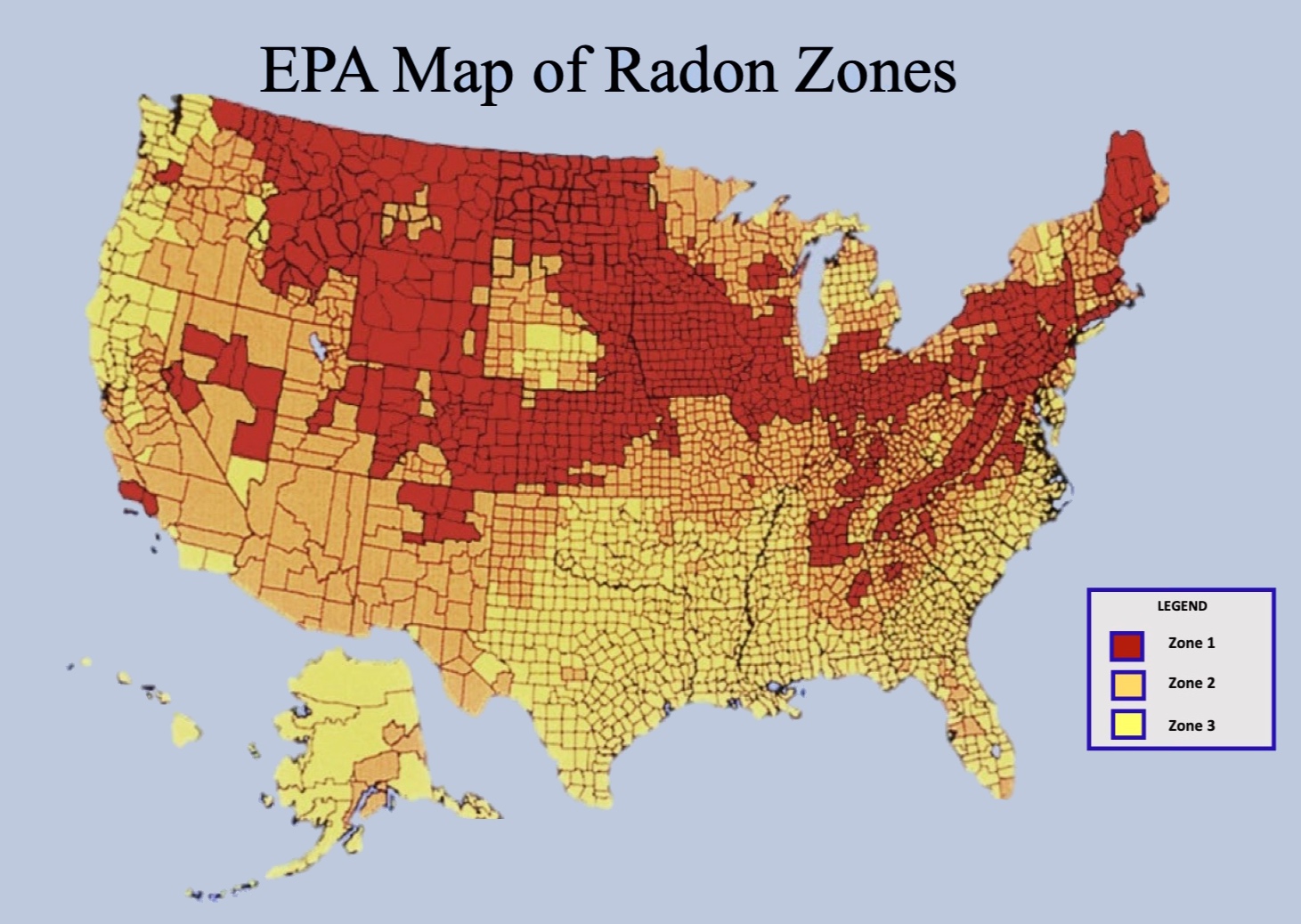Radon assessments will be conducted to determine indoor radon gas levels at selected locations within NAVFAC SE. These assessments are being conducted as a routine task at Naval Installations service wide and other facilities of the Armed Forces.
The assessment is not being conducted because of a known concern, but rather as a proactive step to ensure our service members and employees live and work in a healthy environment.
If elevated levels of radon are found, steps will be taken to formulate a plan for corrective action.
Navy Reserve center (NRC) Radon Assessment Reports
NRC Amarillo Radon Assessment Report
NRC Austin Radon Assessment Report
NRC Atlanta Radon Assessment Report
NRC Augusta Radon Assessment Report
NRC Bessemer Radon Assessment Report
NRC Chattanooga Radon Assessment Report - Uploaded March 6, 2025
NRC Columbia Radon Assessment Report
NRC El Paso Radon Assessment Report
NRC Greenville Radon Assessment Report
NRC Houston Radon Assessment Report
NRC Kansas City Radon Assessment Report
NRC Knoxville Radon Assessment Report
NRC Little Rock Radon Assessment Report
NRC Miami Radon Assessment Report
NRC Nashville Radon Assessment Report
NRC Orlando Radon Assessment Report
NRC Oklahoma City Radon Assessment Report
NRC Puerto Rico Radon Assessment Report - Uploaded March 6, 2025
NRC Shreveport Radon Assessment Report
NRC Springfield Radon Assessment Report
NRC St. Louis Radon Assessment Report
NRC Tallahassee Radon Assessment Report
NRC Tampa and Tampa Rattlesnake Radon Assessment Report
NRC Tinker AFB Radon Assessment Report
NRC Tulsa Broken Arrow Assessment Report
NRC West Palm Beach Radon Assessment Report
NRC Wichita Radon Assessment Report
Radon Assessment Reports
NAS JRB Fort Worth Radon Assessment Report - Uploaded March 6, 2025
NCBC Gulfport Radon Assessment Report - Uploaded December 10, 2025
NCBC Gulfport Radon Assessment Report - Uploaded March 6, 2025
NAS Key West Radon Assessment Report - Uploaded March 6, 2025
NSB Kings Bay Radon Assessment Report
NAS Meridian Radon Assessment Report
NSA Mid-South Radon Assessment Report - Updated March 25, 2025
NSA Orlando Radon Assessment Report
NSA Panama City Radon Assessment Report
NAS Whiting Field Radon Assessment Report
What is Radon?
Radon is a naturally occurring gas that comes from the breakdown of minerals found in certain geologies. It is not because of any man-made pollution, such as landfills or illegal dumping, but rather natural occurring radon.
What does Radon do to me?
Exposure to elevated levels of radon over extended periods of time can increase the potential for lung cancer. This is why the U.S. Navy is taking steps to identify potential concerns.
Is Radon only a Problem across NAVFAC SE?
No, radon can be present in any structure that is constructed over radon producing soils or geologies. That is why the U.S. EPA as well as many state agencies recommends that all homeowners and schools test for radon.
The map below was developed by the U.S. Geological Survey and the U.S. EPA, and depicts high radon potential areas across the country (shown in red). As illustrated by the map, elevated indoor radon can occur in many areas. It is highly recommended that in addition to this survey, that you test your own home.

Zone 1 Counties (Red)
Zone 2 Counties (Orange)
Zone 3 Counties (Yellow)
-
Lowest radon levels on average at less than 2pCi/L.
-
While risk is lower in these areas, there may still be neighborhoods or homes with higher radon levels than the average.
-
Even in a Zone 3 county, your best option is to have a radon specialist test your home to see if you have dangerously high radon levels.